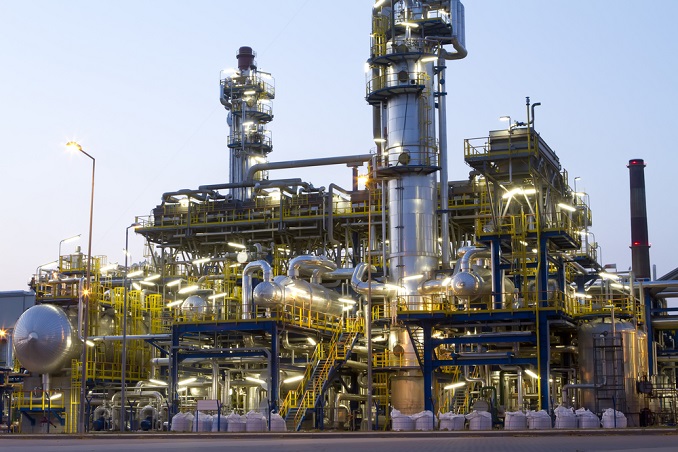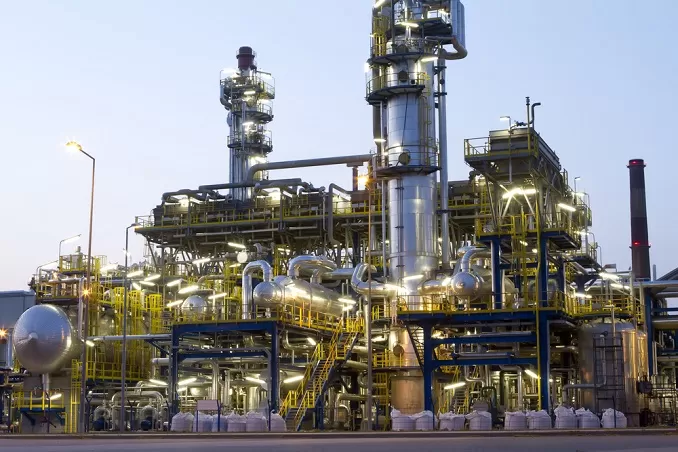

an agreement for a megaproject in uganda has been signed between chinese and french oil giants
On Tuesday, Chinese and French oil companies signed a $10 billion deal to enhance Uganda’s energy resources and construct a massive regional oil pipeline, a megaproject that has enraged environmentalists. The CEOs of France’s TotalEnergies and China’s National Offshore Oil Corporation announced the so-called Final Investment Decision at an event in Kampala (CNOOC).
In a statement, TotalEnergies chairman and CEO Patrick Pouyanne said, “Today is the day we promise to invest $10 billion in the Tilenga and Kingfisher projects, as well as the 1,443-kilometer pipeline.” The project attempts to tap into massive crude oil reserves at Lake Albert, a 160-kilometer (100-mile) natural boundary between Uganda and the DRC. The oil would be transported from landlocked Uganda to the Indian Ocean port of Tanga via a 1,443-kilometer (900-mile) heated pipeline that would be the world’s longest when completed.
Although detractors claim that the contentious pipeline threatens livelihoods and fragile ecosystems in the heart of Africa, Pouyanne described it as a “masterpiece” of a project. “With the FID, the project will fully enter the construction phase starting today,” he stated.
Obtaining FID is a first step toward achieving first oil and unlocking potential for investment and growth in Uganda and the region, said CNOOC Uganda president Chen Zhuobiao. Ugandan President Yoweri Museveni and Tanzanian Vice President Philip Mpango were also present on the occasion. Lake Albert sits on an estimated 6.5 billion barrels of crude, with only around 1.4 billion barrels deemed recoverable at the moment. Drilling is taking place in Uganda’s natural reserves, one of which stretches all the way to Murchison Falls, the country’s largest national park.
Last year, TotalEnergies, previously Total, stated it had taken steps to mitigate the project’s impact on people and the environment, but environmentalists say it will be disastrous. In a statement, 350Africa.org regional director Landry Ninteretse claimed the pipeline project would “displace thousands of households, threatening water resources for millions of Ugandans and Tanzanians, damaging sensitive ecosystems, and driving the globe further into climate chaos.”
In 2019, a group of Ugandan and French non-governmental organizations (NGOs) filed a lawsuit against the French corporation, accusing it of failing to meet its legal obligations to preserve the environment and the rights of those affected by the project. The Court of Cassation, France’s highest court, determined in December that the lawsuit should be handled in a civil court rather than a business tribunal, which activists hailed as a significant victory.
Kenyan sprint star Ferdinand Omanyala finished second at the opening race of the Diamond League in Xiamen, China, on Saturday.…
The incessant rains have caused flooding in Durban and its neighboring areas. It has disrupted several core areas, with a…
Cross-border activity suffered vast disruption when the new ban started at midnight Thursday with its direct impact on border checkpoints…
South African Bank fined R700,000 after determining the institution misrepresented a credit product as an investment opportunity. Following its December…
EA Sports shows that Toronto Maple Leafs will stop their 58-year title wait by beating the Colorado Avalanche in seven…
Pope Francis, the first Latin American pope of the Roman Catholic Church, passed away in the morning of his 88th…
This website uses cookies.